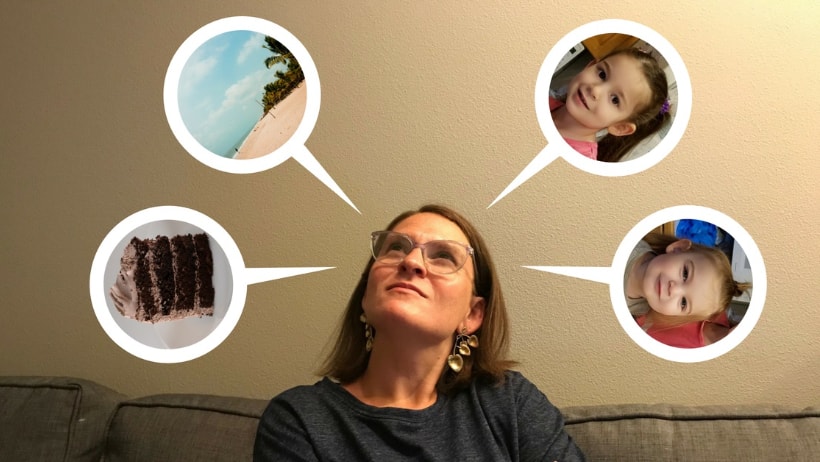“Out of sight, out of mind” suggests that we’re going through life like infants, with no sense of object permanence, which of course is absurd. I, for one, am never able to fully put things out of mind. Whether it’s craving a piece of chocolate cake regardless if there’s cake nearby or thinking about my family as they are spread across the globe, things that are meaningful to me are never far from my thoughts. To be conscious of multiple things at once can be helpful. It means we can concern ourselves with a refugee crisis even if we go about our daily lives without seeing any refugees. We can care about providing food and water and humanity even if the recipients aren’t in our own backyard.

However, just because we can comprehend something’s existence without seeing it doesn’t mean we can focus on ten things at once. With big, global issues vying for a place in our thoughts, occasionally we’re blind to the issues that are right in front of us. This is completely natural; it’s simply a fact of life that we can only think about so many things at once. The question is, how do we deal with that?
This week, Parshat Re’eh gives us some guidelines for this very problem. In our parshah we learn about the blessings and curses that will come with observance (or lack thereof) of the mitzvot we’re given. We receive some final warnings about following the laws against idolatry, laws for keeping kosher, and the importance of treating each other as equals. Finally, we receive some more information on our three pilgrimage festivals.
In chapter 12, verse 19 we read, “Be sure not to neglect the Levite.” As you may know, the Torah never shares words without some purpose. The Levites were a tribe who had great responsibility in caring for the nation, and at the same time, they were not “among the people” in the general sense. German Orthodox rabbi from the 19th century Samson Raphael Hirsch teaches, “Among a population engaged in farming and raising cattle, such ‘unproductive’ members of society could easily come to be neglected and resented. The people might fail to recognize the vital role of the Levites in their spiritual and moral welfare.”
In other words, the Levites aren’t “productive” members of society when it comes to working the land or feeding the cattle; their productivity is less defined and more difficult to see on the surface. Their role is the moral compass of the people, a job that might be easily overlooked by the general population. Parshat Re’eh and Rabbi Hirsch remind us that just because something isn’t right in front of our eyes doesn’t mean it’s without concern or fails to contribute to society. For a community to succeed, we have to not only fulfill our own responsibilities, but put trust in others to do the same.



